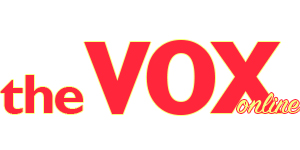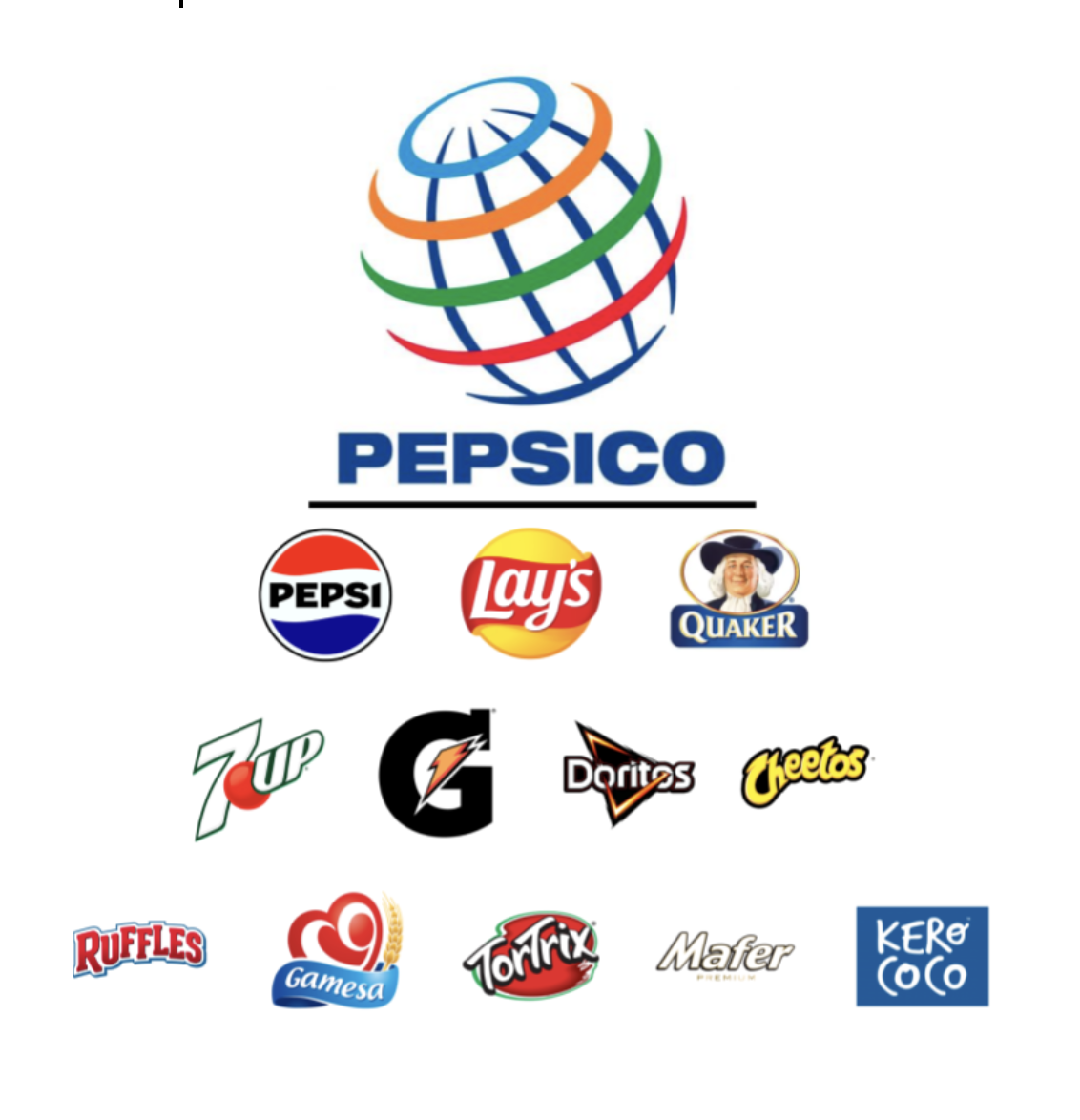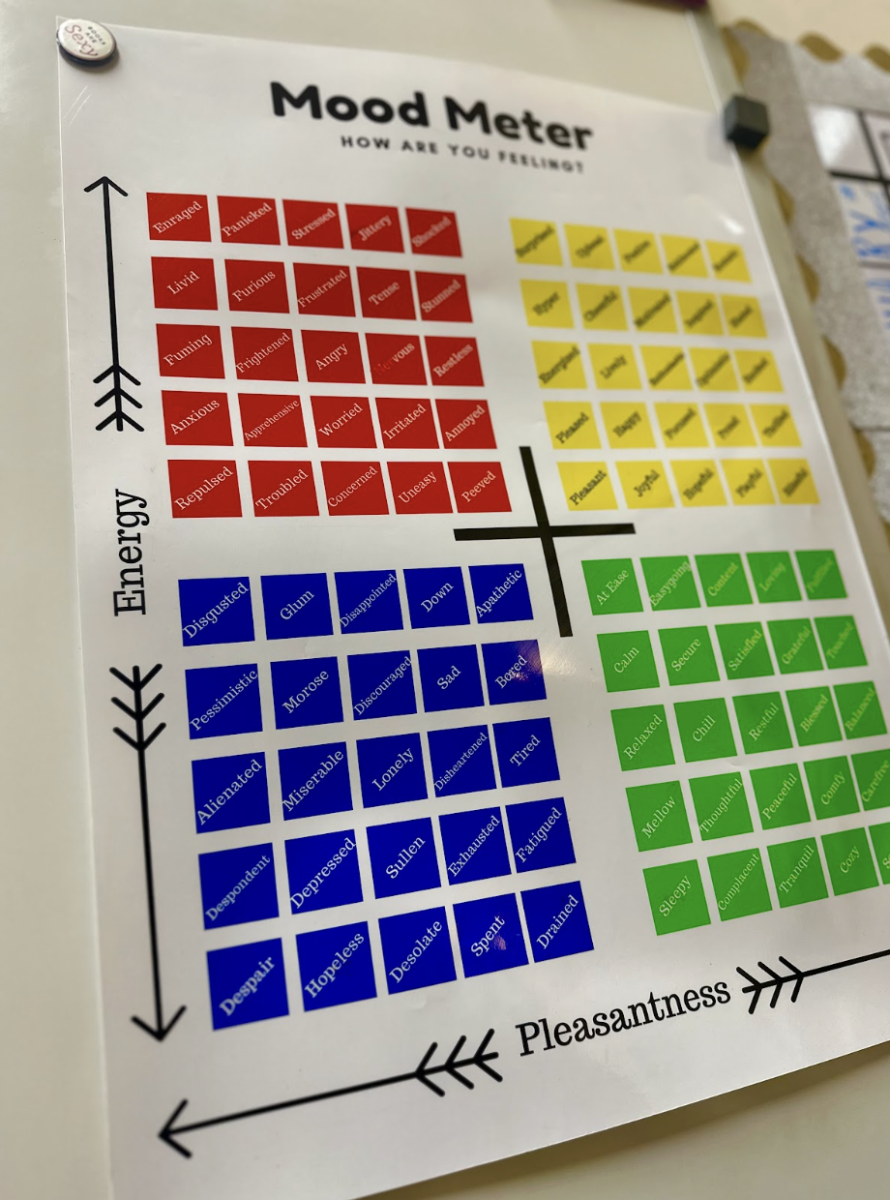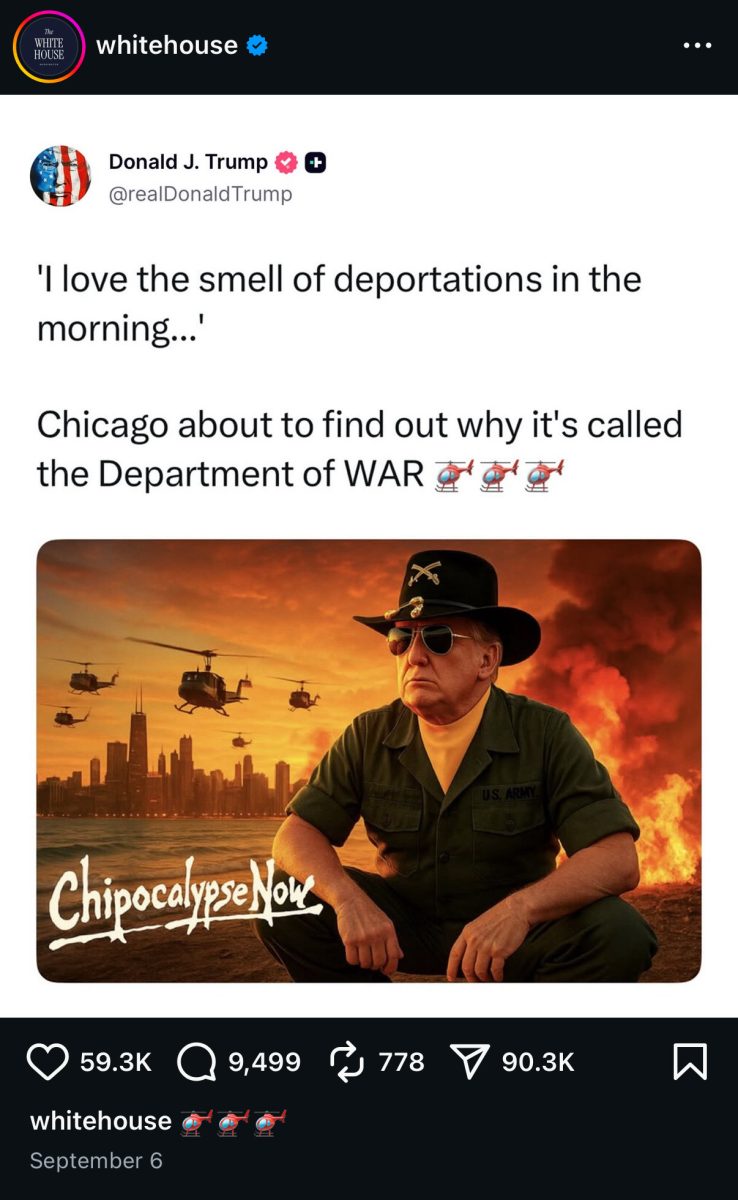The average bag of potato chips has increased in price by more than 45% in the past ten years according to Star Tribune. The price hikes have gotten so unfavorable that according to PotatoePro, global supermarkets such as Carrefour have pulled all PepsiCo products from their shelves due to unacceptable increases in price. This is just a small example of what companies that have a monopoly are allowed to do. If the company chooses to do so, they can dramatically change the price of their respective corners. And if the other companies in that market choose not to follow suit, then they will be losing out on potential profits. This is how major corporations control the field, and this is not just applied to food; the use of monopolies has been used for years and by many companies.
The first example of this monopoly scandal is OPEC, the Organization of Petroleum Exporting Countries. Created in 1960, OPEC is an intergovernmental organization created to coordinate the petroleum policies of its members and to influence the global market to maximize profit collectively. Since OPEC was created, they have established and proved their extensive grasp on oil. According to the Federal Reserve history, the 1979-1980 oil crisis, and the “oil glut incident” occurred. Both of these were in response to attempts to decrease the nation’s dependence on oil, seeing as it reached a new peak of $40/bbl in 1979-1980. This caused the need for worldwide action, and billions were spent to try to find alternatives to oil. Commercial companies also took their stand in constructing non-OPEC oil fields to lower the global price. Due to the drastic measures taken, oil dropped in price dramatically making it more affordable than ever. Although this issue was solved to a certain extent, modern examples of OPEC’s actions can be seen through Covid. Seeing all of this together and realizing it is only a small part of the problem opens the public eye to how much power companies and organizations hold over the markets, and how much they can abuse that power to profit as much as possible, even at the cost of reason.
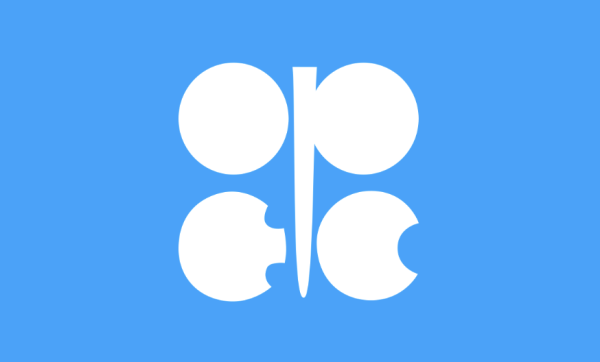
Many more companies have monopolies in their respective areas. One that is more recognizable and mentioned before is PepsiCo, which is a major corporation that owns many beloved companies and products that people buy daily. For example, according to the New York Times, PepsiCo is aggressively raising their prices, stating that they have increased their revenue growth by 10%. Even though Pepsico is selling less, they are making more simply through raising their prices.
These are only two small incidents of these scandals. The use of these monopolies and tactics has been abused for as long as anyone can remember. Although it is not technically wrong for a company to hold practices such as these, it can be seen as a major inconvenience for the general public. Yet, the artificial price on items continues to leach more and more money from the pockets of people. Although unfortunate, there seems to be little of anything that the public can change. So like most things, this major problem in the monetary market will continue to eat away, like a termite to wood, until it is far too late.

